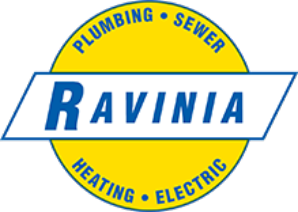
With spring here, thoughts of summer are running through our minds. Hopefully we will be able to spend more time outside soon. But even if we are forced to stay indoors more than we’d like, you’ll want to be comfortable. Which means making sure your air conditioner is working properly. That’s why it makes sense to have your air conditioner checked to make sure it is ready for summer. Here are the many benefits.
- Energy efficiency. Heating and cooling comprise about half of your total energy costs. A tuned up air conditioner will run more efficiently, lowering your energy bills.
- Extends the life of your unit. An air conditioner should last 10-15 years. But if you do not take care of it, it could have a shorter life span. An air conditioner that runs more efficiently will last longer, so you can delay replacing your system.
- Warranty. Most manufacturer warranties require you to regularly maintain your system. If you cannot prove the system has been properly maintained you may void your warranty.
- Air quality. An efficiently running unit will also distribute cleaner air into your home, making it healthier and reducing the carbon footprint.
- More consistent cooling. A well-maintained air conditioner should properly cool your home. If your unit is not properly maintained, the system may not run at full capacity.
- Save repair money. Air conditioner tune ups cost a little money. But they can prevent major problems from occurring, costing you perhaps hundreds of dollars in repairs or thousands to replace your unit.
- Prevent cooling loss. Of course, if your unit breaks down, it is a safe bet it will break down on an unbearably hot day. A tune up will lessen the odds of your AC breaking down.
Here is what an air conditioning system tune up entails:
- Clean and inspect the condenser, air conditioning coils and evaporator to make sure the system operates at peak efficiency, as well as helping prolong the life of the system
- Change the air filter
- Check electrical components, including tightening electrical connections
- Check amp draw on the condenser fan motor and the furnace blower motor. This ensures the motors are operating within the manufacturer’s specifications.
- Check refrigerant levels to maximize efficiency and the life of the system
- Test safety controls to make sure the system starts, runs and shuts off properly
- Test operation of all equipment
- Check the condensate drain to make sure it is open at the time of service. A clogged condensate drain can cause water damage in the house and affect indoor humidity levels.
- Check thermostat settings so you can be comfortable when you are home and saving energy when you are not
- Check for proper airflow
